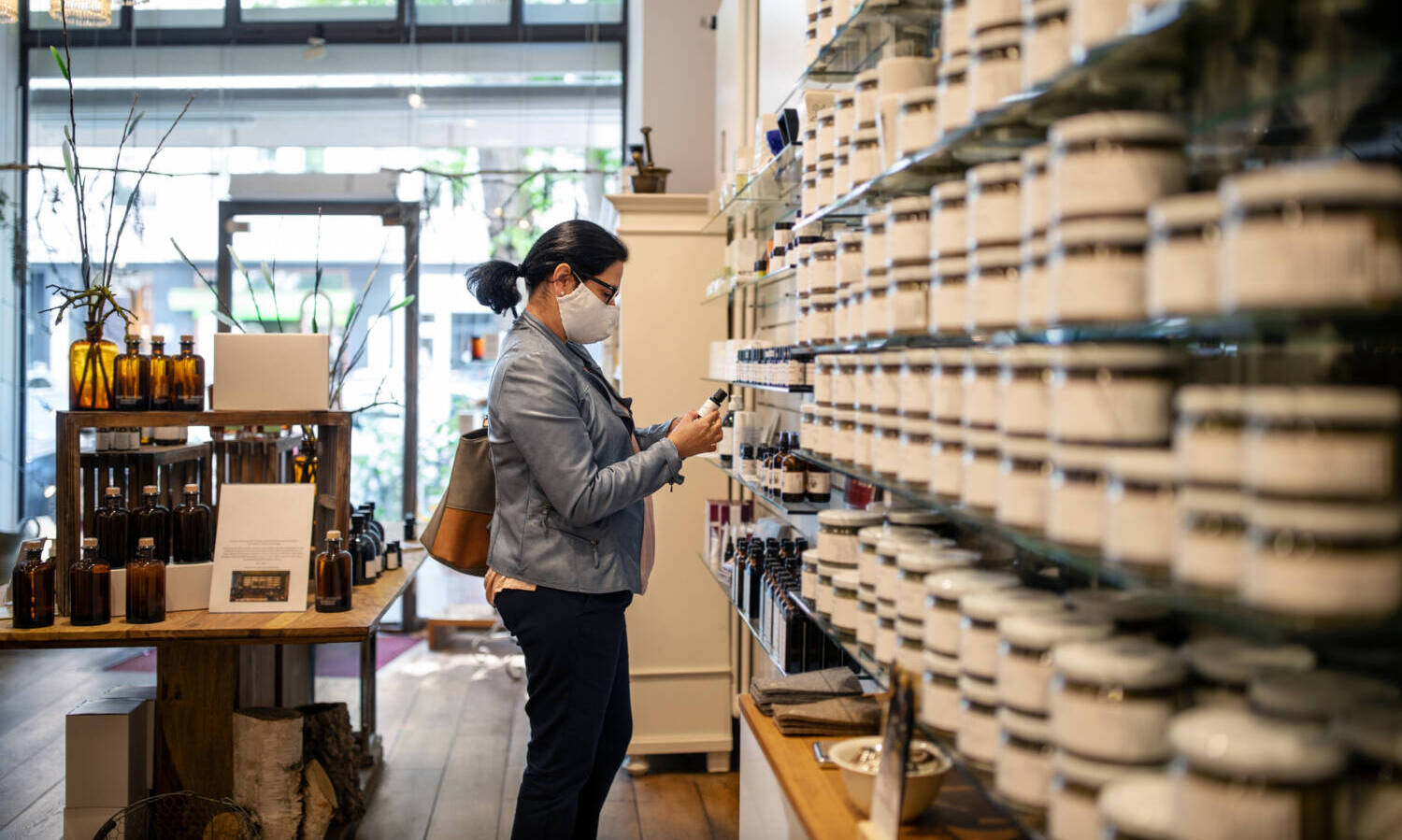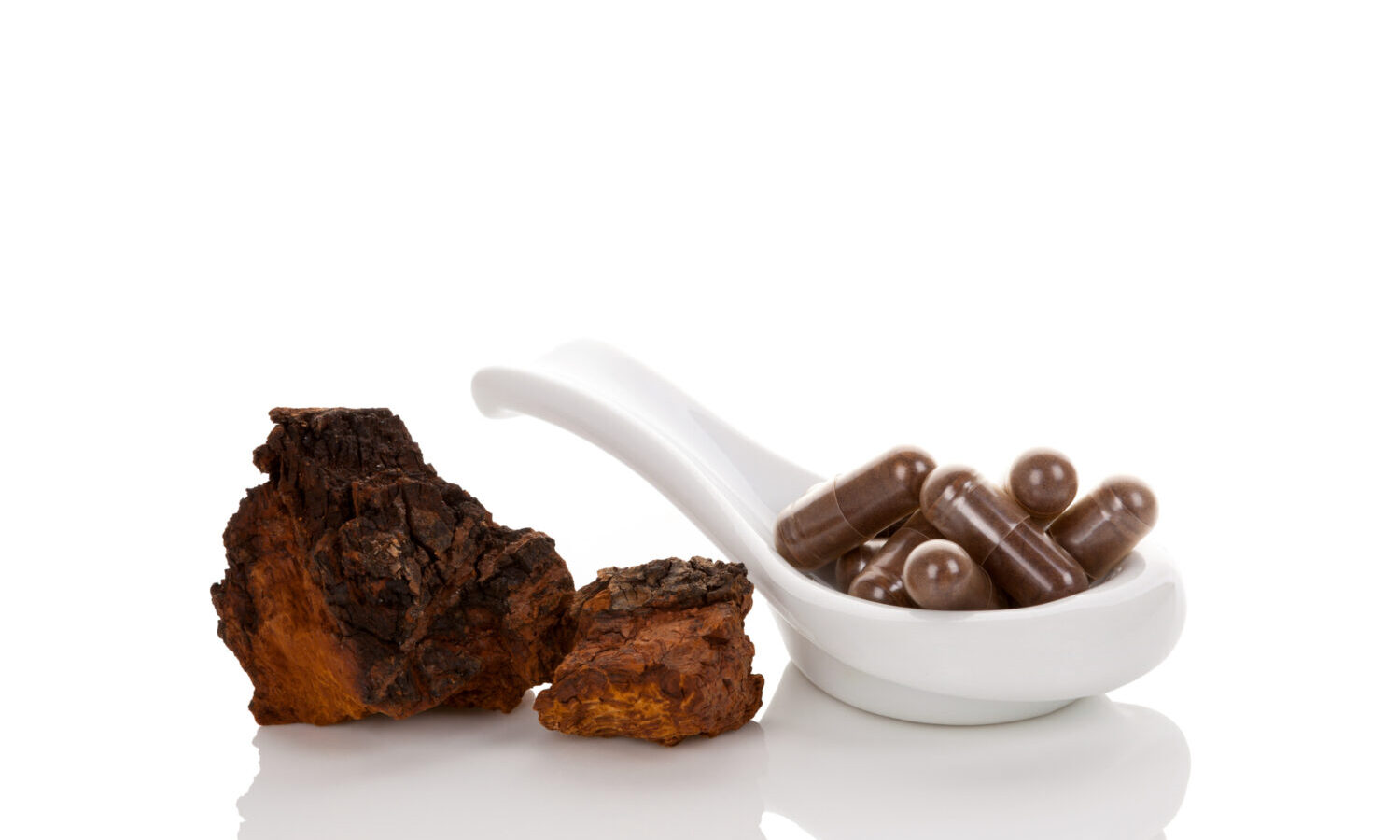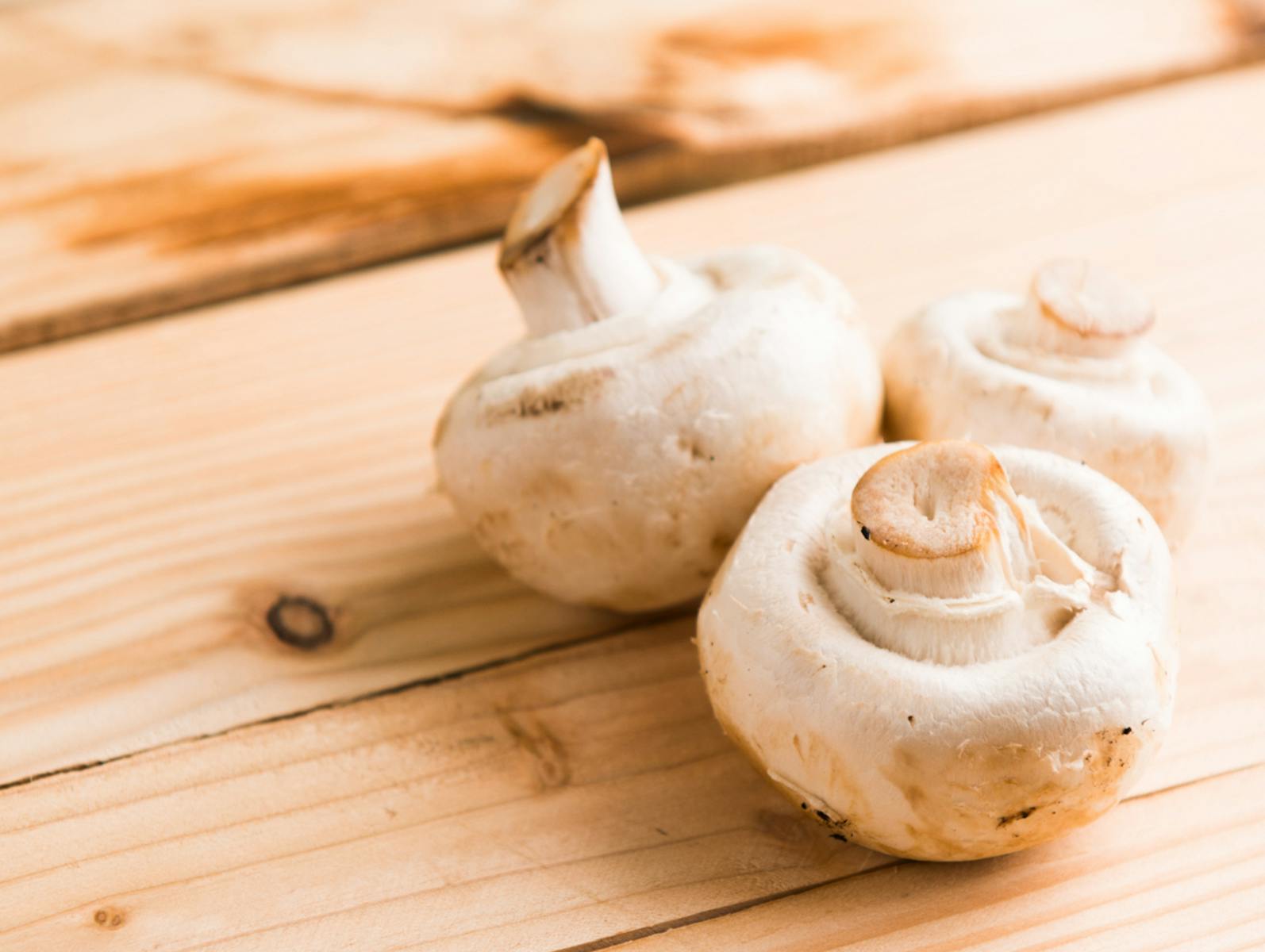While mycelium alone does contain some beneficial compounds, mycelium on grain does not. Here’s what else you need to look out for.
The new HBO documentary “Not So Pretty” encourages consumers to read the back of product labels, and educate themselves on what’s inside of their daily wellness/beauty products. The cold hard truth about “filler ingredients” is coming to the surface for a variety of well-known mass-produced beauty products, alongside already scrutinized natural products leveraging botanical adaptogens like cannabinoids and superfood mushrooms.
Adaptogens are non-toxic substances obtained as plant extracts which allow human body to adapt to various stresses, while restoring normal physiological functioning. By 2027 the market of adaptogen-driven products is estimated to reach $14 billion USD. Medicinal mushrooms including reishi, maitake and shiitake, turkey tail, etc are a few popular adaptogens commonly found in supplements today that reached $14.7 million in sales in 2020.
As superfood mushroom products continue to grow in popularity, it’s time for brands to come clean about whether their products contain the beneficial active compounds promised on the label or filler ingredients. Mycelium on grain is one common filler you may find written on product labels. Mycelium on grain is quite different than natural mycelium, which is the mushroom’s root system that’s cultivated before a fruiting body containing most of the adaptogen’s benefits ever emerges.
Brendan Smith, CEO & Founder of Raw Botanics, an adaptogen wellness brand offering several superfood mushroom products, explains further, comparing mycelium to that of an apple tree:
“If mycelium is like the apple tree, the apples would be considered the mushroom fruiting body. The tree and its roots are a complex delivery system responsible for creating and nurturing the apple, and without question, nutrients are found in both the tree and the fruit. Although mycelium is a critical part of the mushroom, the most beneficial nutrients are found in the fruit body mushroom,” said Smith.

While mycelium alone does contain some beneficial compounds, mycelium on grain does not. When myceliated grain forms the bulk of a supplement, the grain acts as a filler, essentially diluting the product’s beneficial compounds.
“Mycelium produced for use in supplements is not the same as what is grown in the wild; consumers should be aware of this. Most mycelium used for supplements is grown on a substrate, often grain or oats. In these cases, you are typically getting inferior products compared to fruit body extracts, one that may have a higher concentration of grain filler than actual mycelium,” Smith continued.
The Labeling Issue
Mushroom product labeling requirements from the FDA tell manufacturers to clearly distinguish whether the product contains fruit body extract, but these rules are loosely followed. In fact, one study shows that 74% of reishi supplements available in the US do not match their labels.
This issue is not limited to mushroom supplements, but food products as well. A recent 2021 study on wild mushrooms showed that out of the 16 products tested, only five contained the wild mushrooms accurately described on the labels. Wild mushrooms in the United States are mostly regulated by state and local agencies.
Currently, only 31 states have regulations in place, and 94% do not require notification to authorities before selling wild mushrooms. This creates a bit of a grey area that isn’t much different from what the CBD industry is experiencing today, according to consumer product safety expert Tyler Williams, who trains major food and beverage companies worldwide to help improve their food safety practices, most recently launching the only accredited global certification program for cannabis.
RELATED: The Exploding Health Benefits Of CBD + Adaptogens
“The FDA is responsible for the regulation of the products as it falls under their scope of jurisdiction, however, the lack of federal regulations leaves it up to the local authorities to try and create their own regulations if they so choose. This regulatory grey area can cause inexperienced mushroom harvesters to sell unsafe or poisonous mushrooms to consumers and be a potential source for food fraud,” said Tyler Williams, CTO of ASI Global Standards, and Cannabis Safety & Quality.
So, if you can’t trust what you read on a product’s label, how can you size up the legitimacy of products being sold on store shelves?
The Role of Product Quality Testing and Auditing
One method Raw Botanics relies upon is thorough product testing. Raw Botanics products are tested twice by two separate third-party labs — for quality, consistency, and purity to prove that no fillers, unnatural additives, or unnecessary ingredients are used.
“Our products contain more than just mushrooms; most of them also include a combination of benefit-based cannabinoids and terpenes. Given the plethora of adaptogens involved in our formulations, it’s always been a priority for us to demonstrate purity to our consumers by making our lab results easily accessible. If you’re having trouble tracking down a product’s lab test results or COA, I’d consider that a red flag,” said Smith.

While testing ensures that the product is free from things like pesticides, heavy metals, or microbes, it does not guarantee that products are labeled correctly. This is where cGMP (current Good Manufacturing Practices) standards come into play.
“Food safety and/or dietary supplement audits, like those provided by ASI Food Safety, look at product identity, labeling, supplier controls, etc. While there might not be an audit specifically for wild mushroom harvesting, the manufacturers that process the mushrooms can be audited under a cGMP standard,” said Williams.
Another avenue to pursue is getting a product patented through the USPTO. Consumers concerned about a product’s legitimacy can always search online to see if a product has been patented. Ojai Energetics PBC, a patent creation and commercialization company, sees patents as an effective barrier against bad market players. OE PBC has worked alongside patent law firm Wilson Sonsini to build IP for the cannabis and psychedelics industries, covering consumer, pharma, industrial, and energy verticals.
RELATED: A Closer Look At The Ever-Increasing Cannabis-Mushroom Products Hitting The Market
“Having patents in supplements enables strong innovation for formulation and additionally provided a barrier for knock-off companies from entering the market with ineffective and adulterated products,” said Will Kleidon, CEO & Founder of Ojai Energetics.
Mushrooms are among the top 25 bestselling ingredients in the channel of natural supplements. As the industry of superfood mushroom products continues to grow, so does the number of questionable products on store shelves. So, how can you make sure the mushroom products you’re purchasing are actually doing what the label claims they’ll do? As we discussed, you can search for “fruiting body extract” on the label, as opposed to “mycelium on grain,” or conduct due diligence on the brand offering the product to see if they are cGMP certified or if they’ve had the product patented.
Lastly, avoid purchasing products from brands without lab test results or COAs (Certificate of Analysis) readily available on their website. By following all of these steps you’ll be sure to find a high quality adaptogen product or brand that’s worth your business, and more importantly, your trust.


